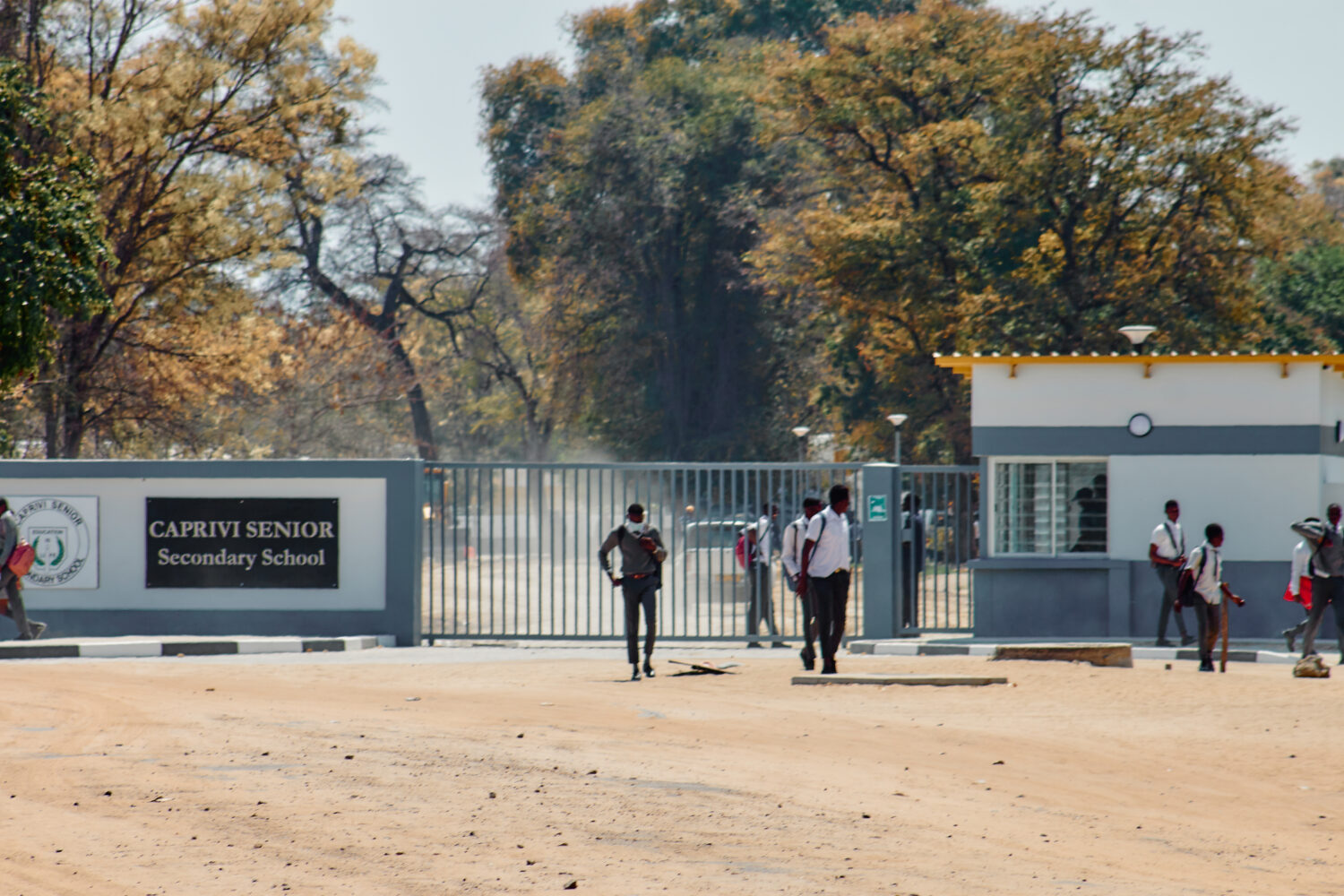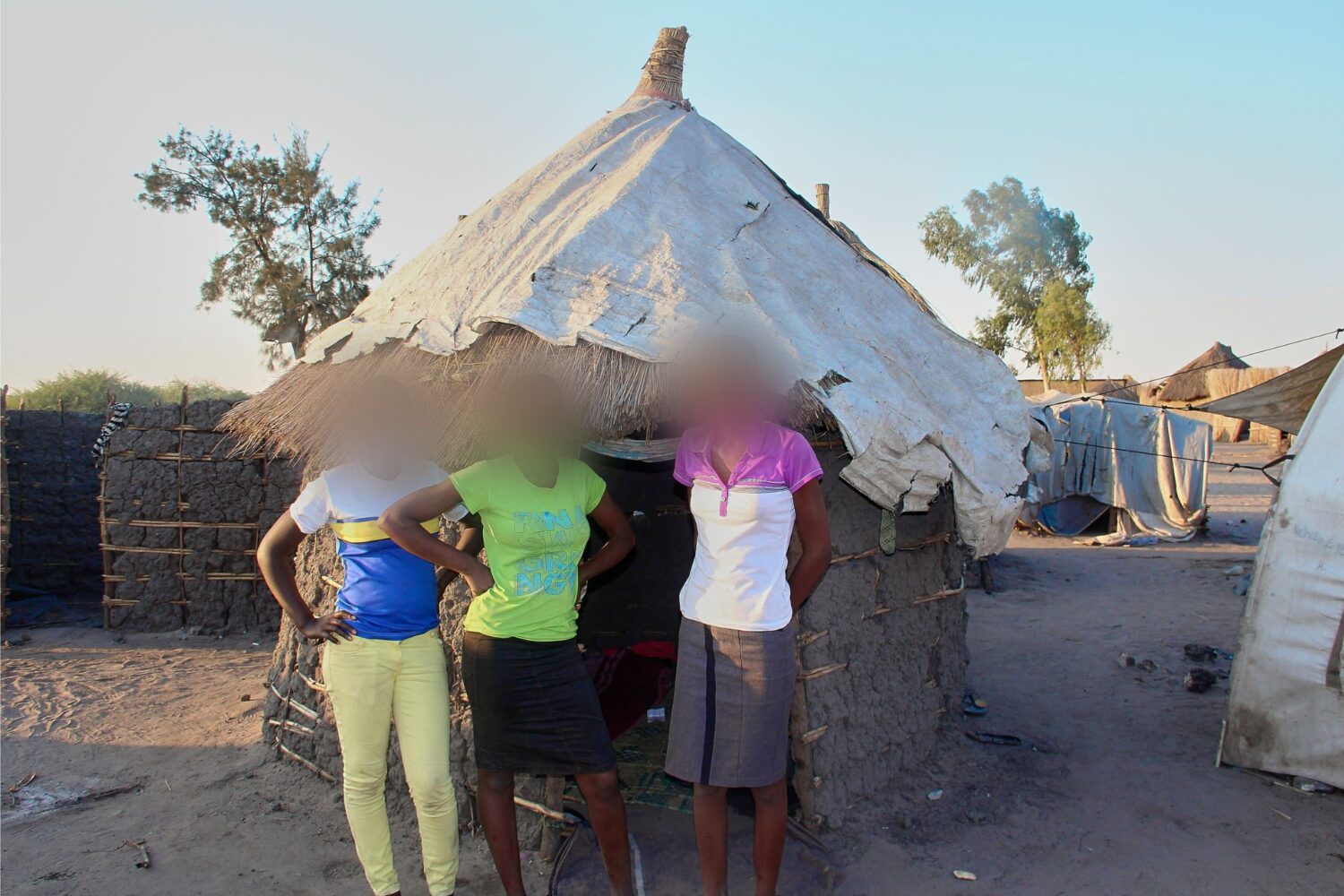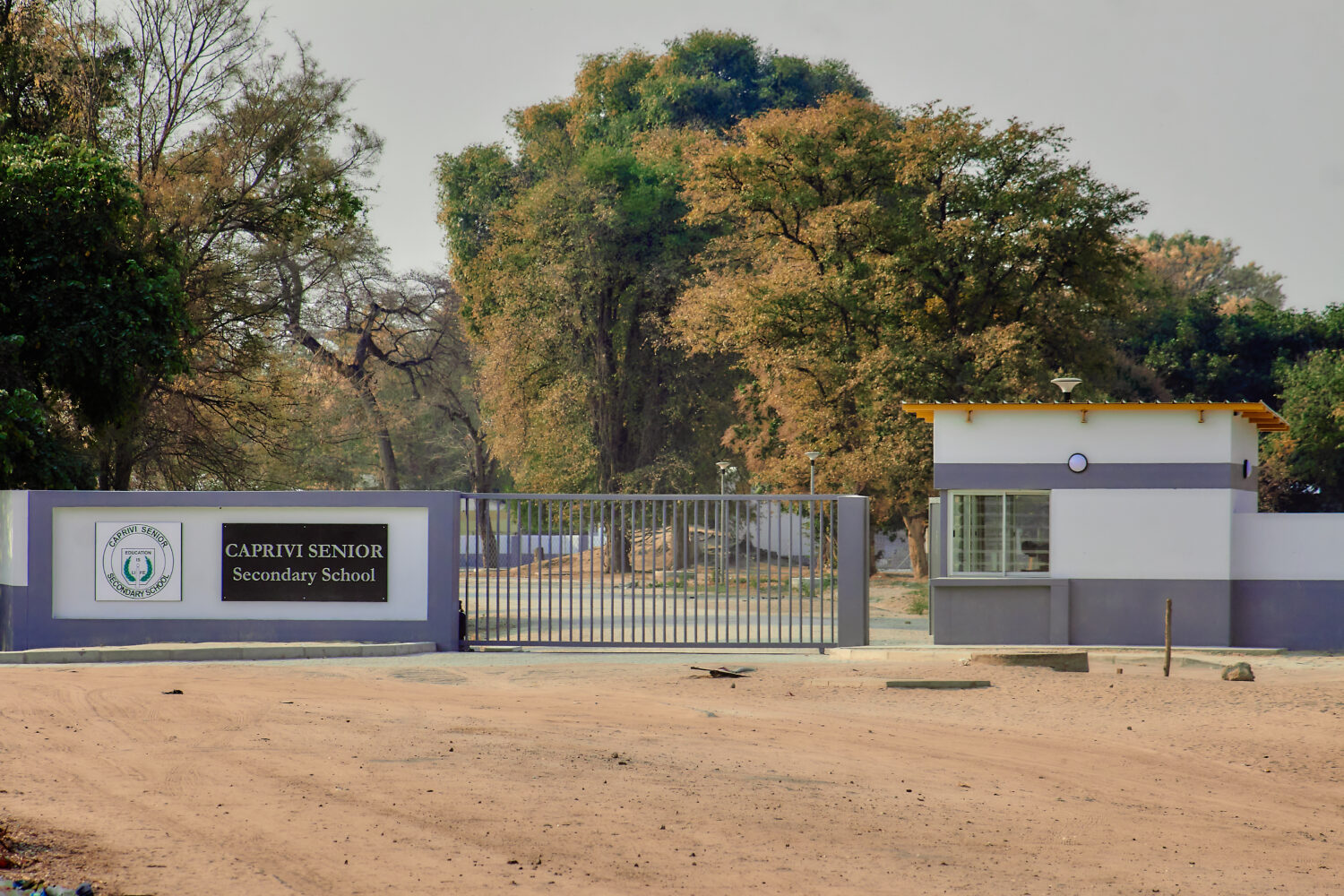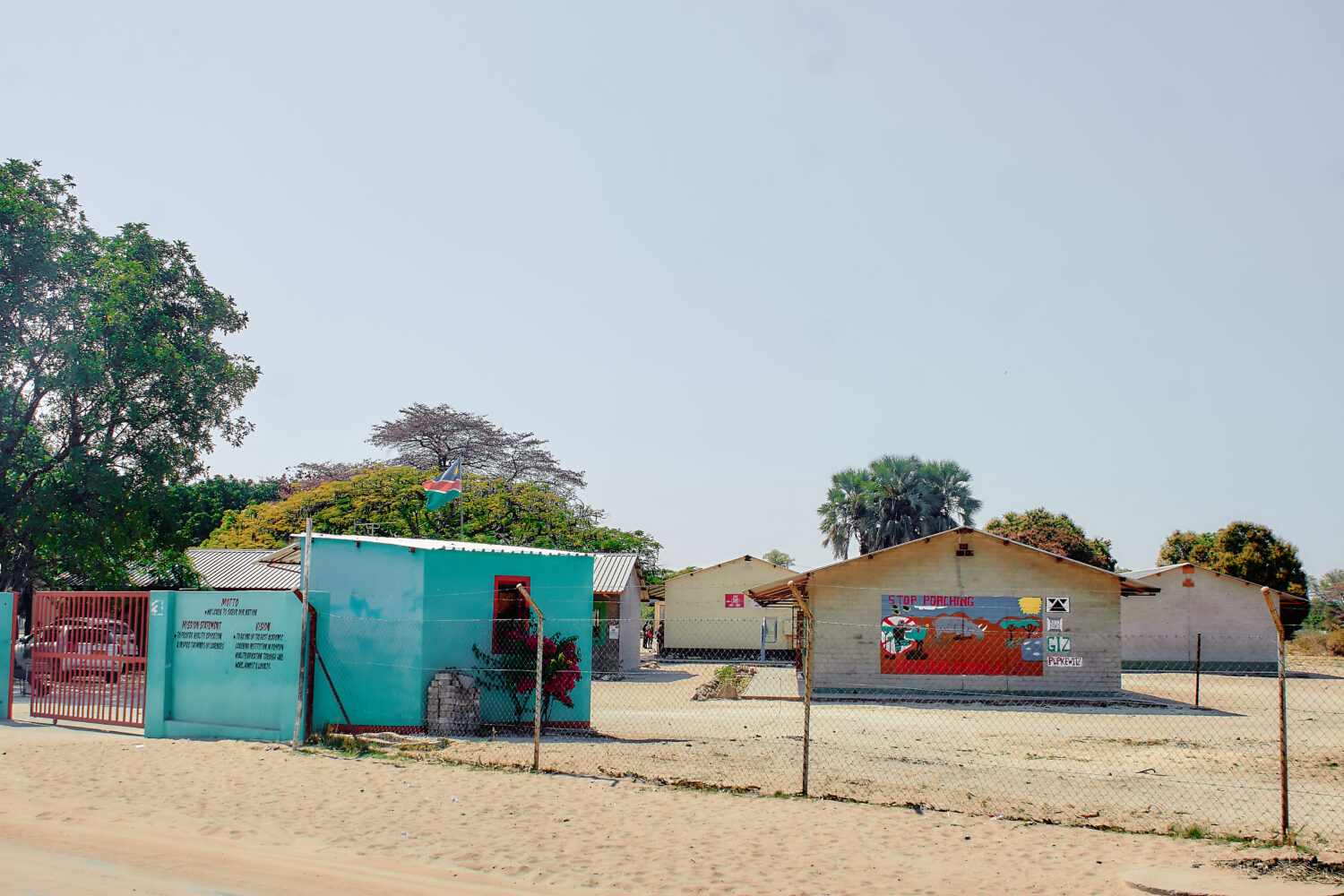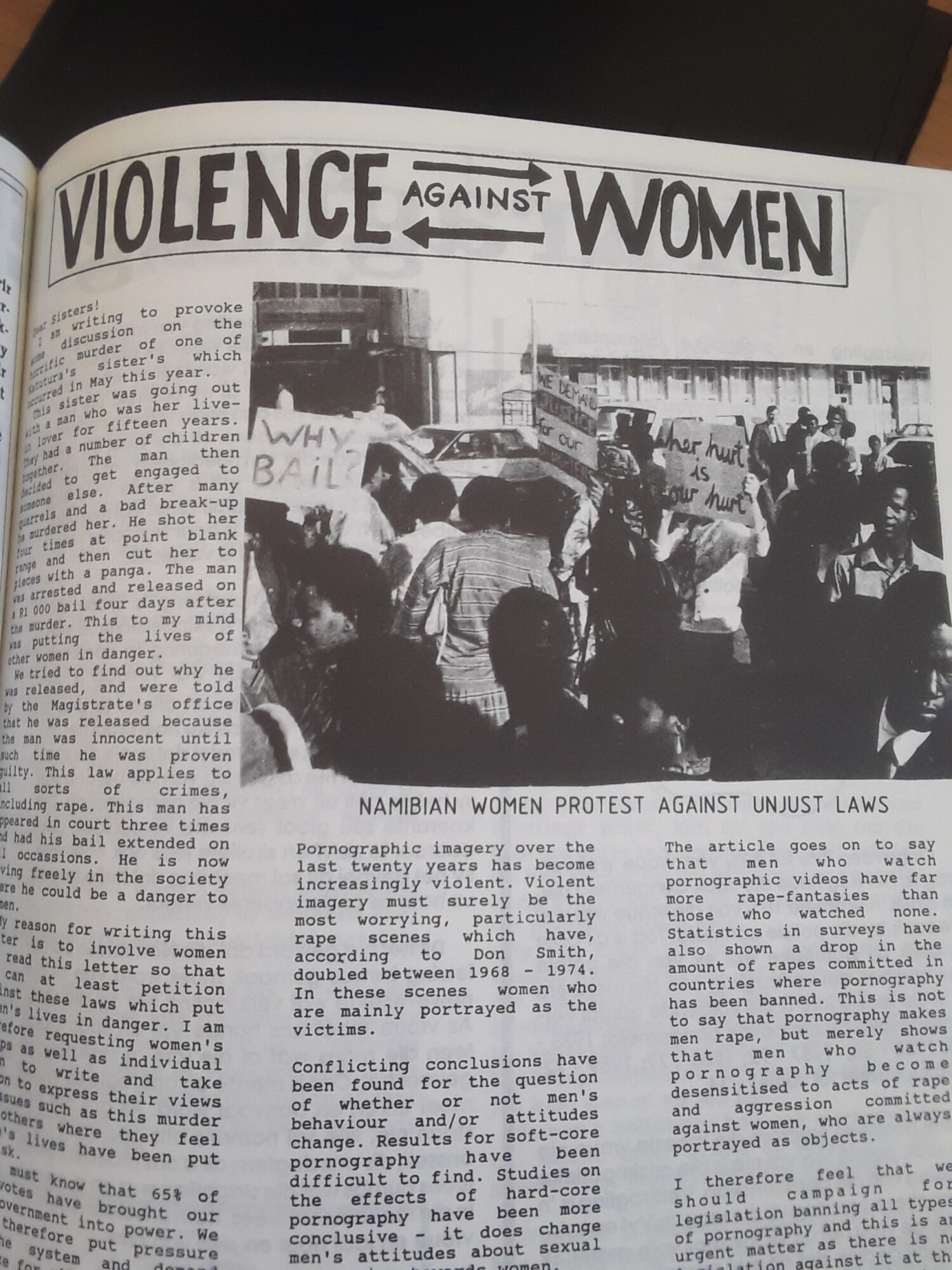“I’m five years older than Thapelo. When we were children and by ourselves, Thapelo and I would play dress up and pretend to have modelling shows. Thapelo never had to tell me who they are because I always knew, and we’ve always been close.” Shesmida Phori is a 28-year-old nurse who grew up with her sibling Thapelo Simushi in Omaruru and then Katima Mulilo. The eldest of three, she has… Keep Reading
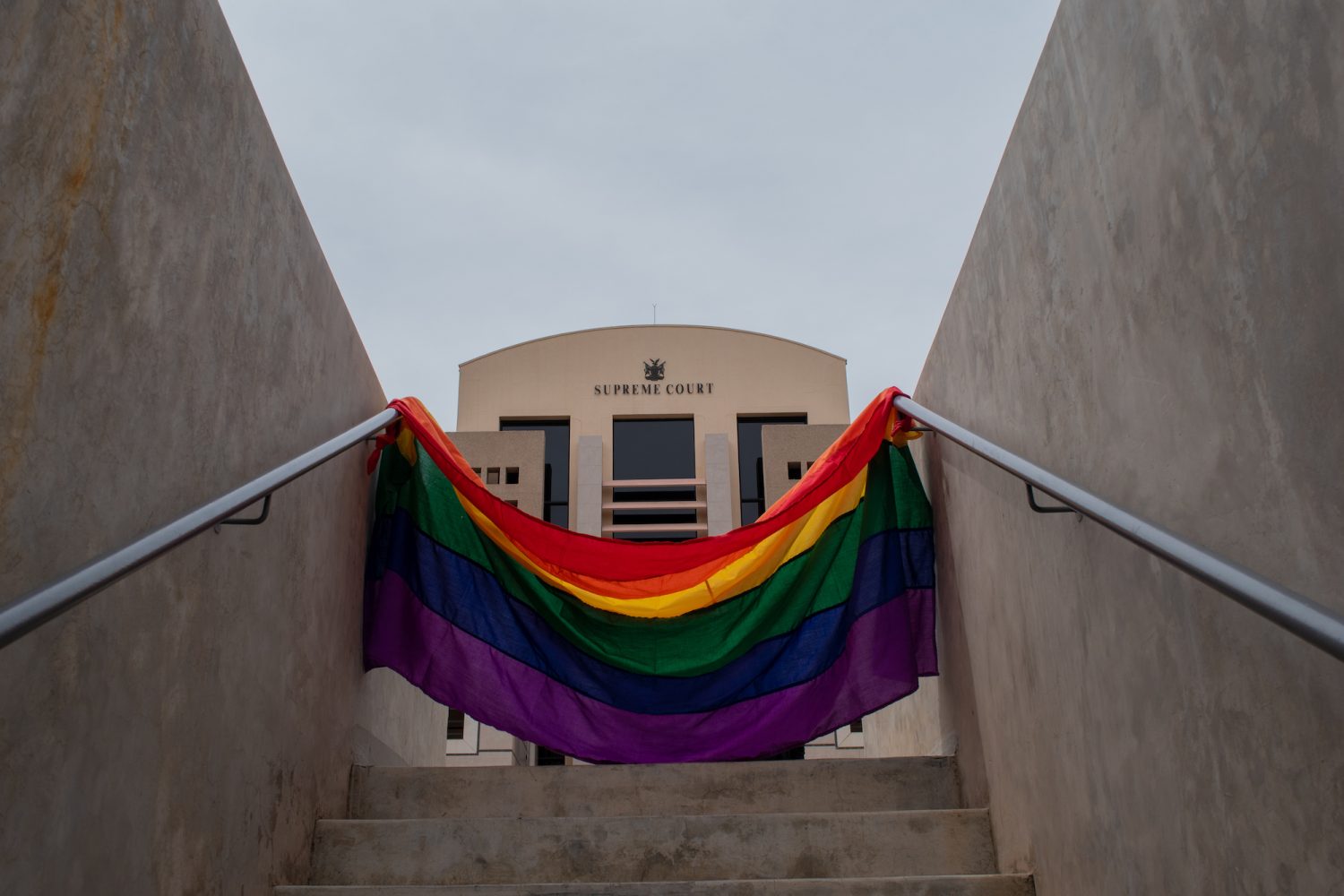
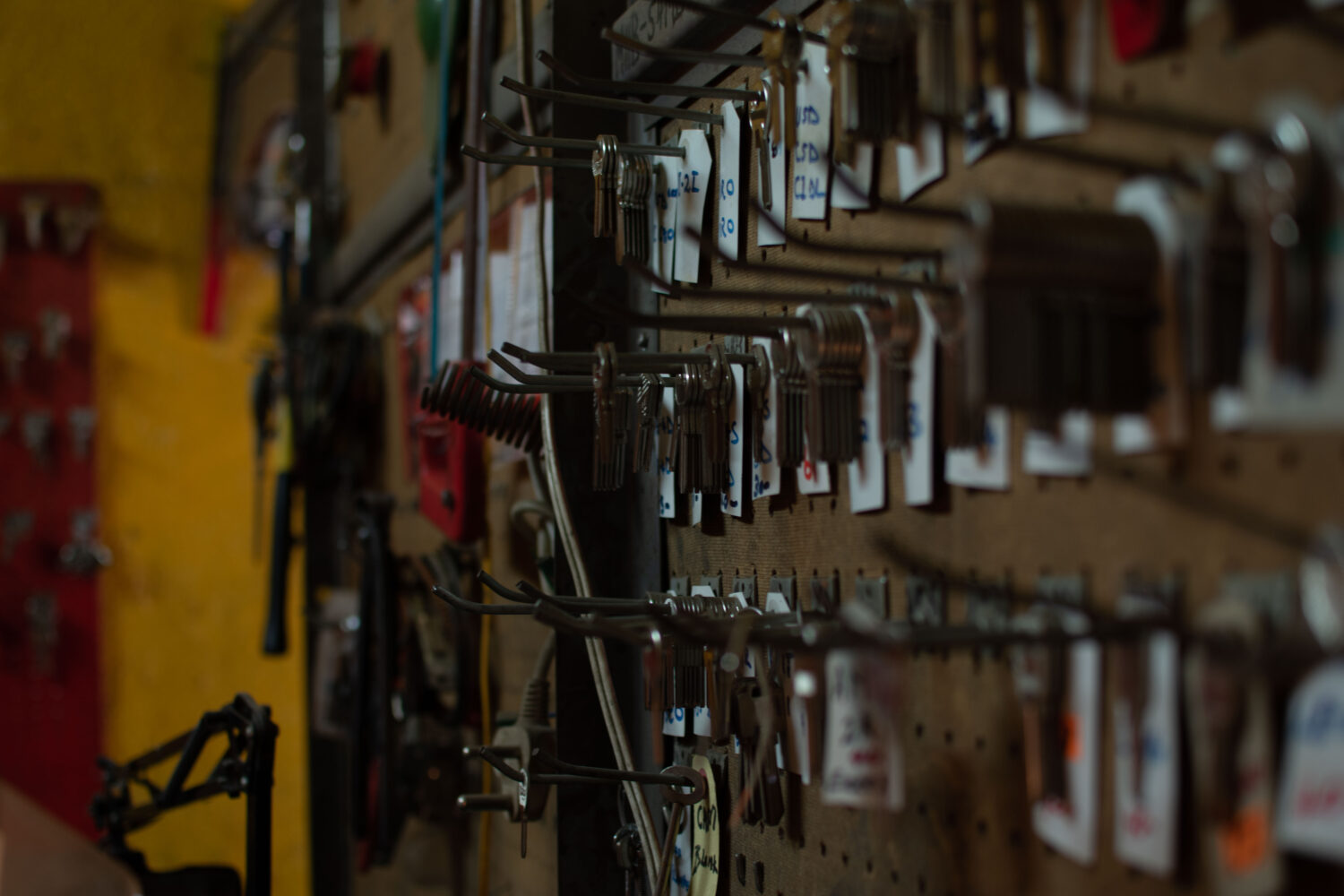
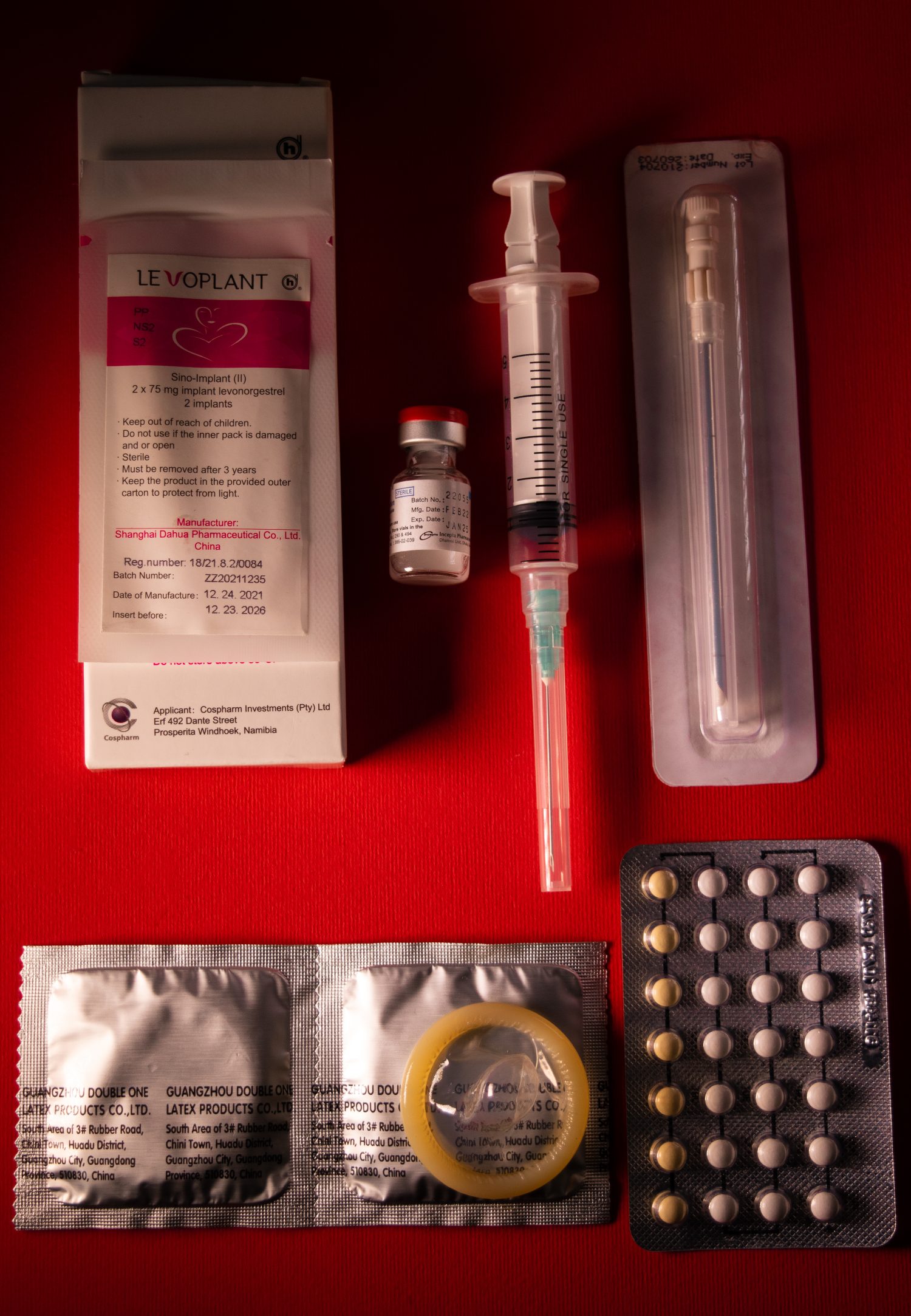
![[PODCAST] For Ama: A Namibian Storytelling Series](https://sisternamibia.org/wp-content/uploads/2023/02/AMA_COVER-1500x1500.jpeg)
